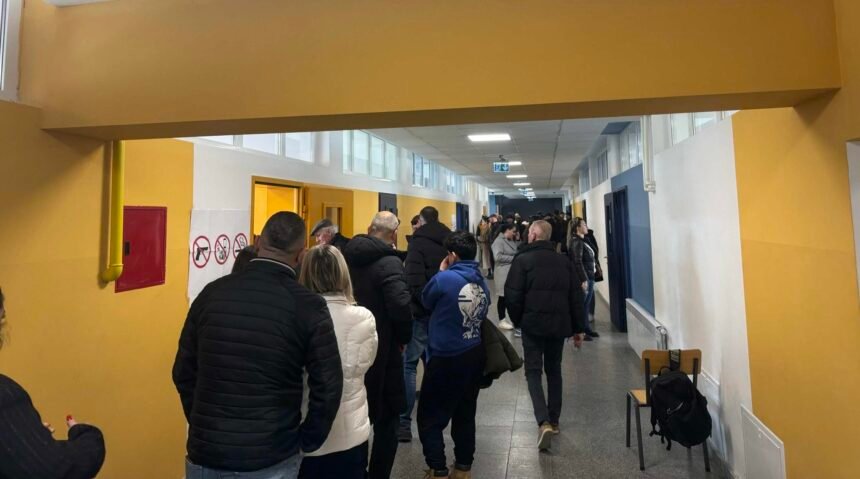Kosovo is holding elections today to elect a new government, which will lead the country for the next four years.
Around two million eligible voters will head to the polls to choose 120 lawmakers from 28 political parties in these parliamentary elections, the ninth since the end of the 1998-1999 war that ended with NATO intervention.
These elections have also attracted significant attention from international media outlets.
“Kosovo heads toward turbulent elections due to tensions with Serbia,” reports Reuters, noting that opposition candidates will face off against Prime Minister Albin Kurti, with a focus on issues such as the economy, corruption, and relations with the “longtime enemy,” Serbia.
“The votes in Kosovo’s elections are seen as a referendum on Prime Minister Albin Kurti,” writes Al Jazeera, emphasizing that the elections are considered a referendum on Kurti, who has had disagreements with Western allies over relations with Serbia.
AP News highlights the strained relationship with Western allies and stalled talks with Serbia, writing: “Kosovo votes for a new parliament as foreign aid declines and talks with Serbia are at a standstill.”
The Guardian underscores: “Kosovo heads to elections with Trump’s shadow looming large,” adding that these elections could mark a turning point in the country’s history, possibly determining its future territorial integrity in an increasingly hostile world.
Euronews writes: “Polls open across Kosovo amid a shaky economy and ethnic tensions,” stressing that these elections will serve as a crucial test for Prime Minister Kurti.







